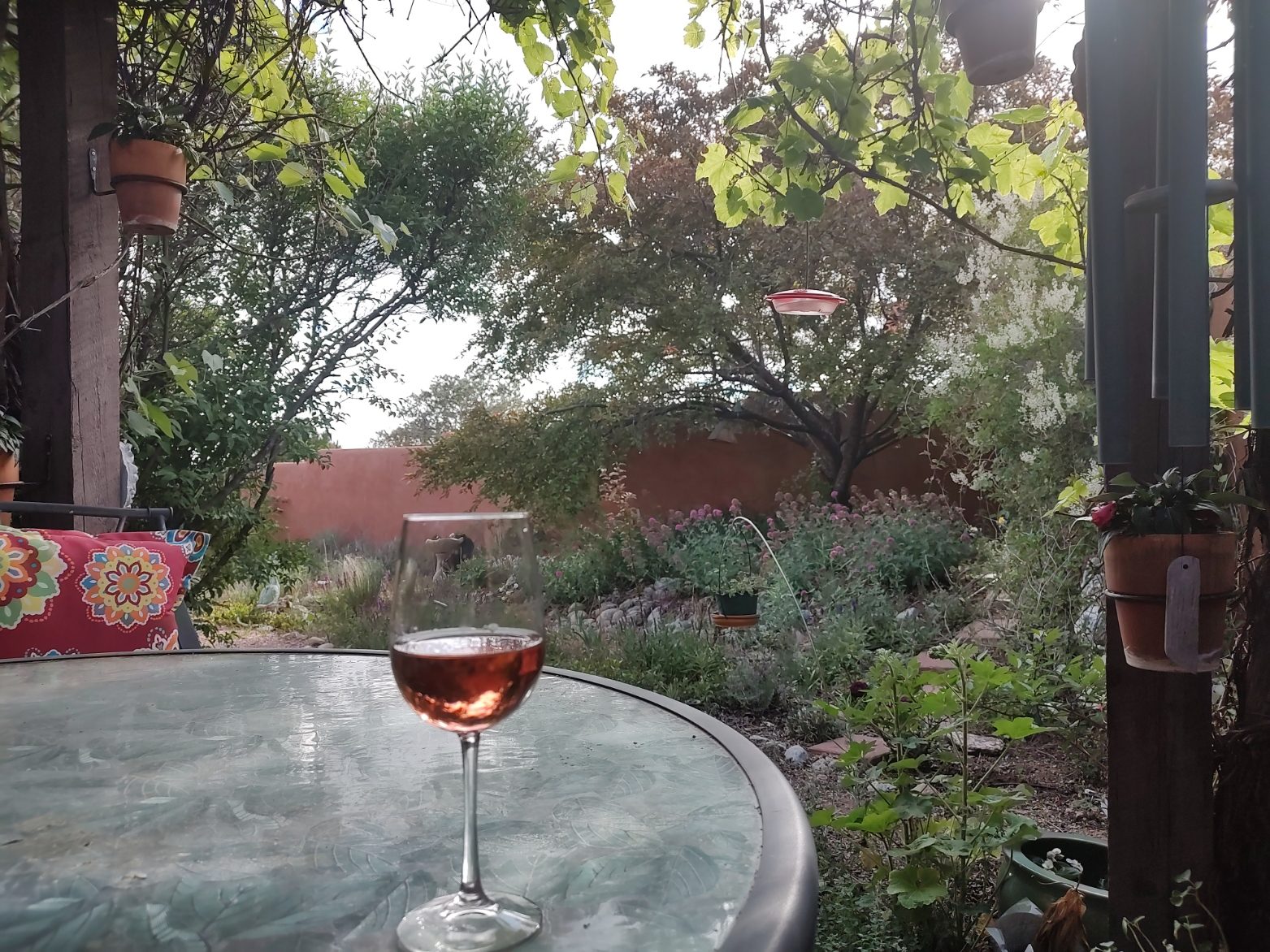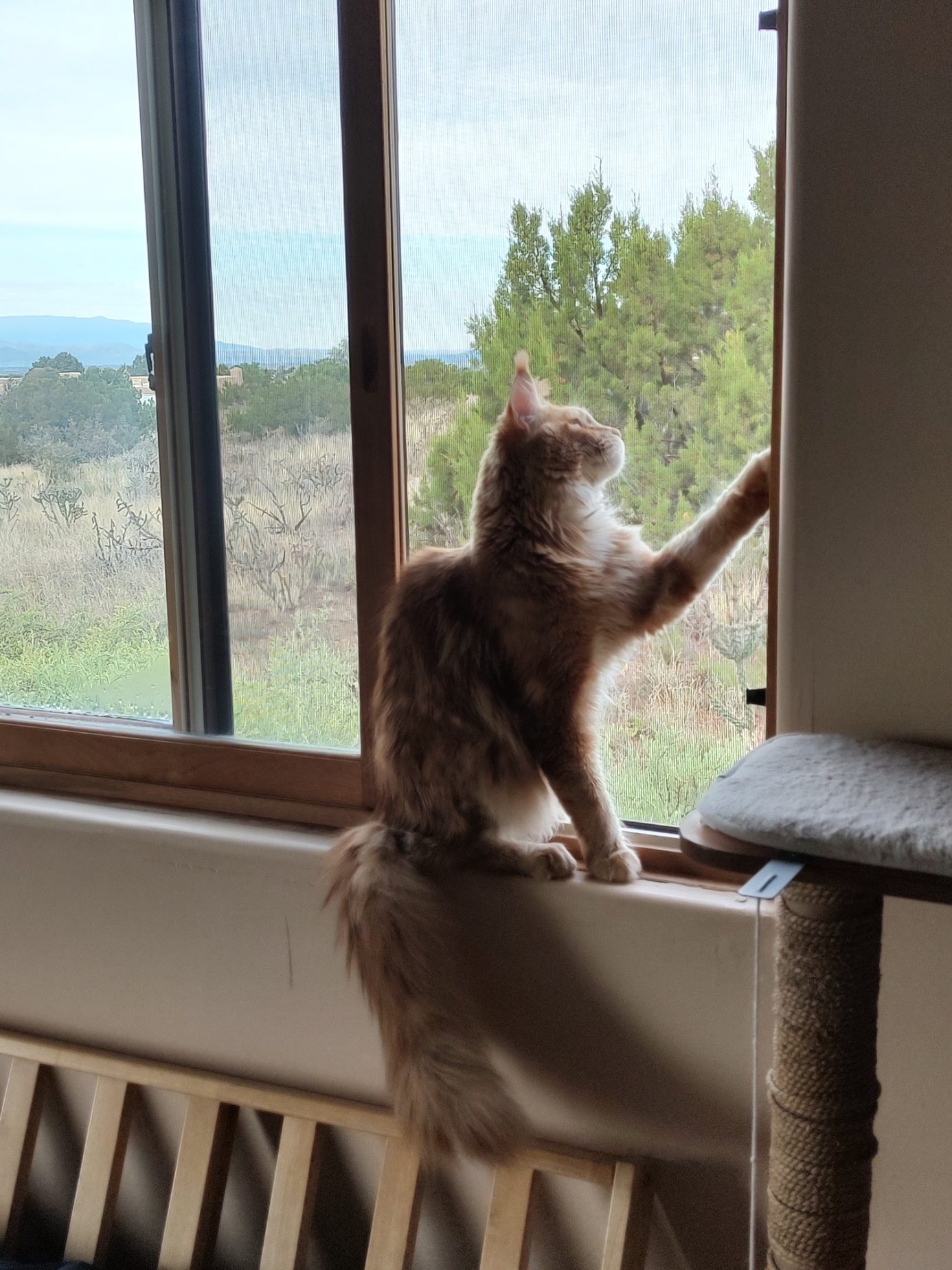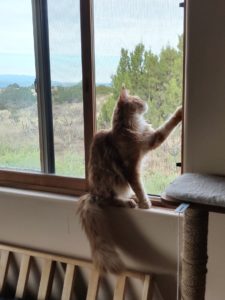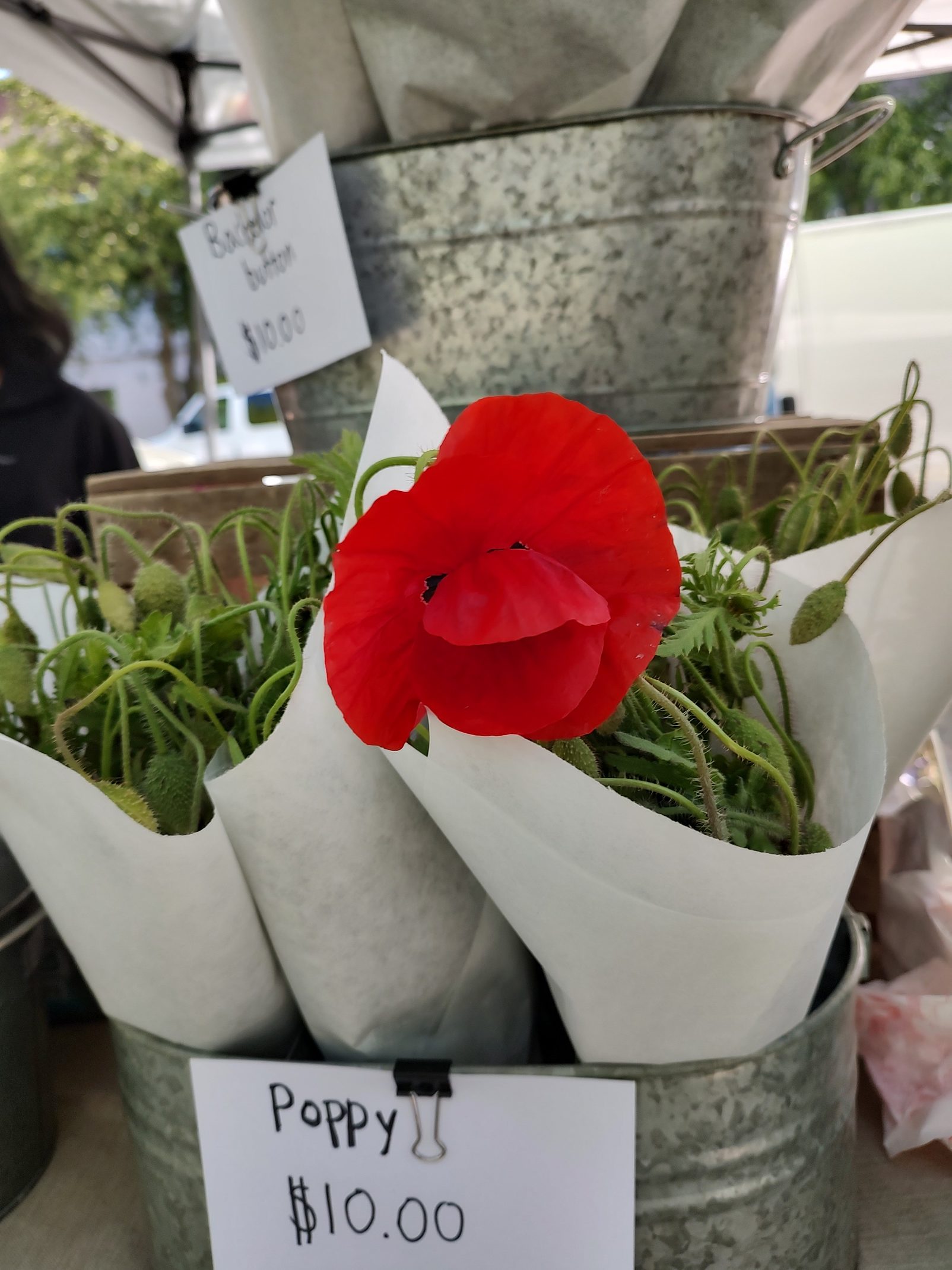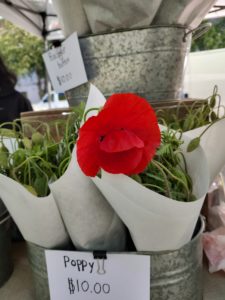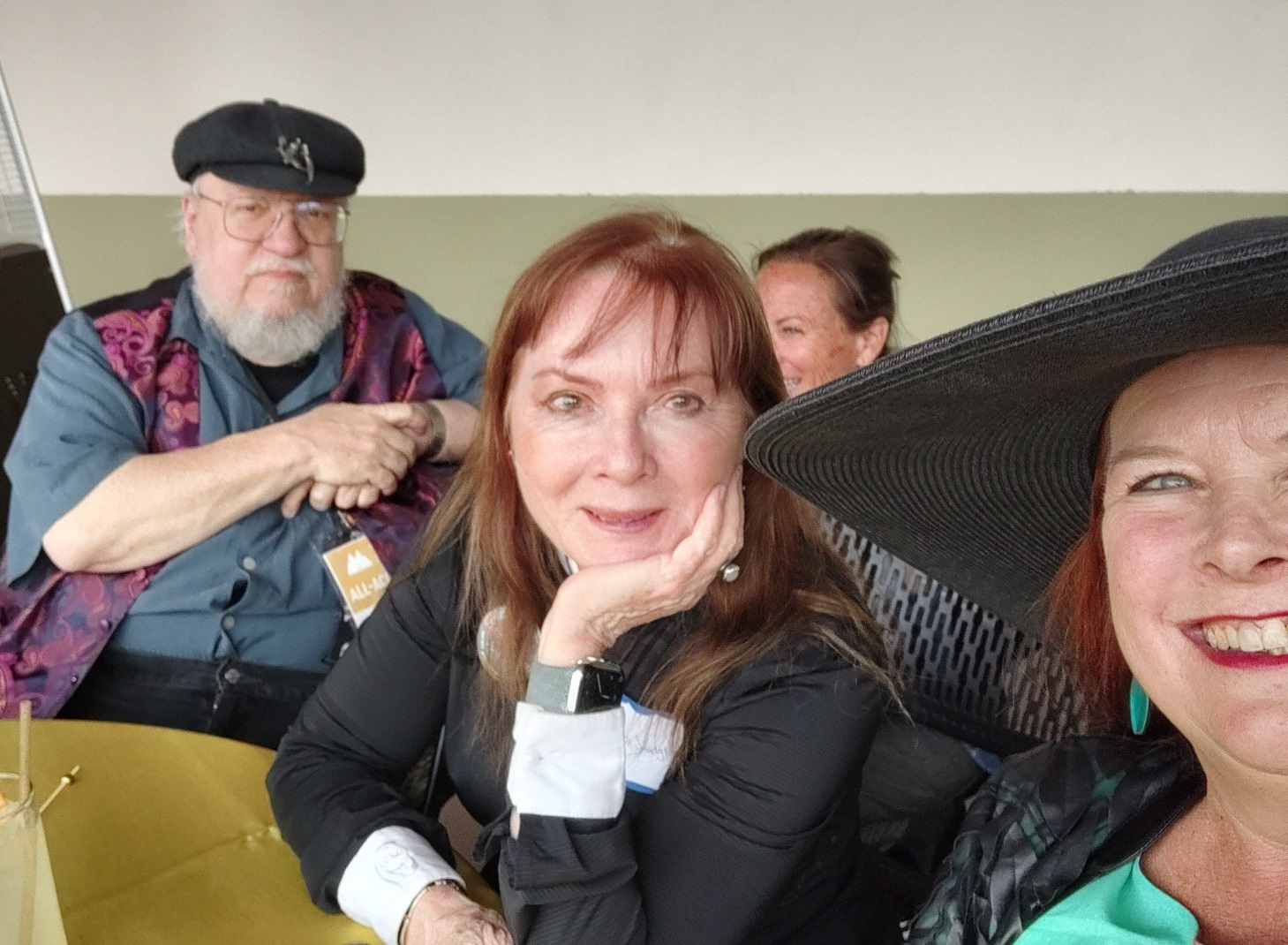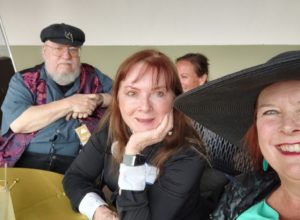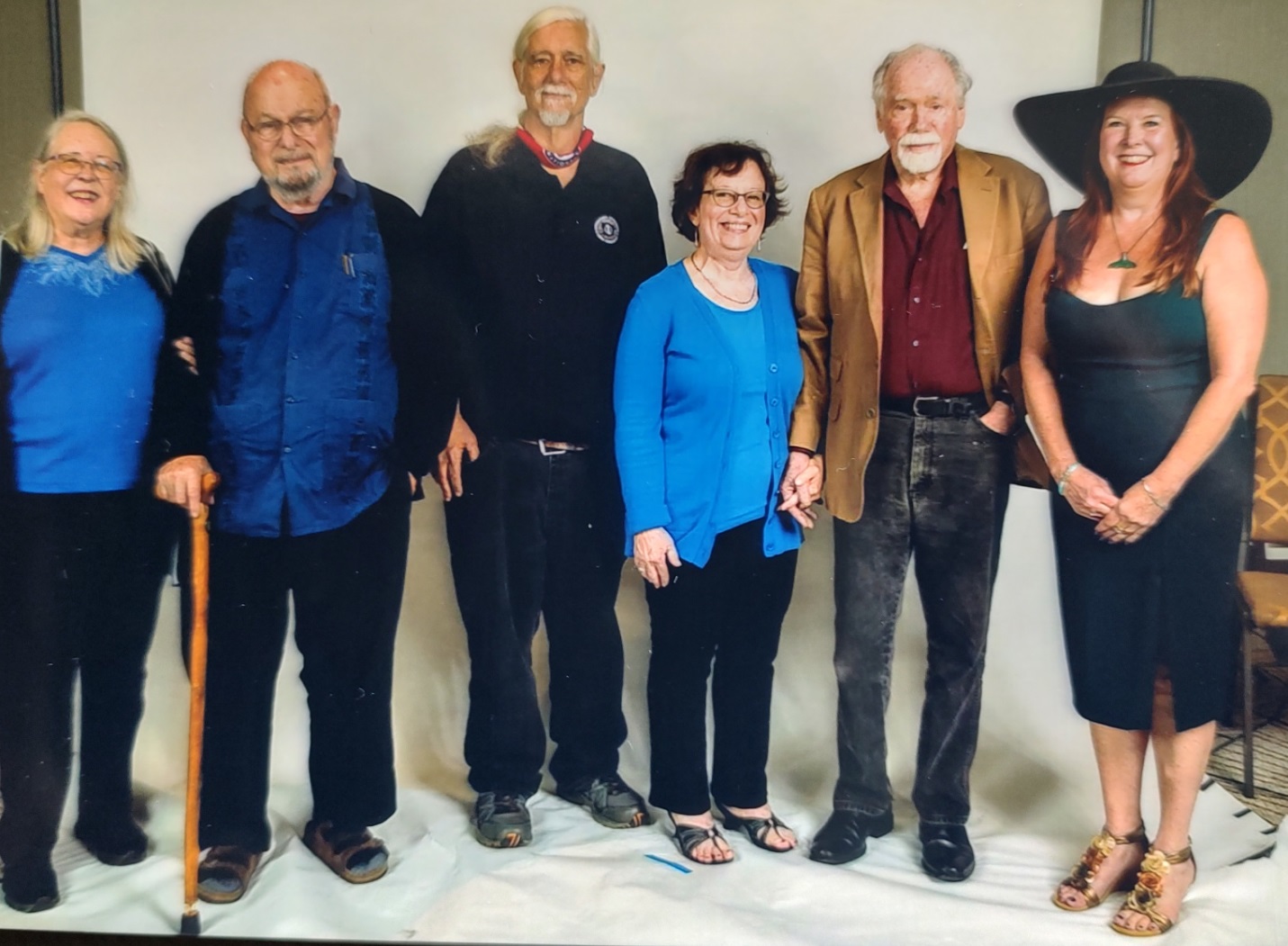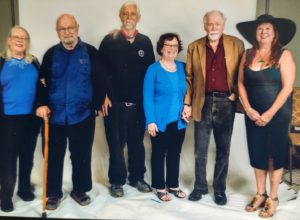
Our topic at the SFF Seven this week is: Pinch Points or small turning points. We’re asking each other if we plan them, use them as foreshadowing, or just let the story flow?
So, I read KAK’s excellent post from yesterday explaining WTF “Pinch Points” are and how she uses them. Spoiler: yes, she plans them out.
Cannot possibly be a spoiler for anyone who knows anything about me: No, I plan them, I might use them?
YES, I LET THE STORY FLOW.
I swear, I need to start adding topics like “when you’re intuitively letting the story flow, how do you…. ” Except then I get stuck because there’s just not a whole hell of a lot to say about writing intuitively. Yep, here I am, letting things flow. Still flowing. How will it end? I have no idea!
LOL.
Amusingly enough, however, what KAK explained in her detailed analytical post is pretty much the exact scene I wrote yesterday in my current manuscript: ONEIRA.
(If you haven’t been following the podcast, ONEIRA is a Totally New Thing – new world, new magic system, unrelated to anything I’ve written so far. I’ve been calling it the book I’m not supposed to be writing – it fell on me from out of the sky and insisted on being written – but all of my friends have finally convinced me that clearly I am supposed to be writing it, so I’m trying not to say that anymore.)
It’s almost eerie, how the scene I wrote yesterday matches exactly what KAK says the pinch point with the villain is supposed to do. But I didn’t plan it at all. In fact, this scene introduced a new POV character and a new plot element, totally unexpected. But this is how I write and how I write this book in particular. It’s insisting on doing all sorts of things that I haven’t done before and don’t expect and I’ve just surrendered and am going with it. Which actually makes this project really fun, because I’m just letting it be whatever it is and not worrying about reader expectations or where it will fit in the marketplace.
All of this is to say that we all have our own process. My mantra: figure out what your process is and own it.
KAK loves to geek out on analysis, minutely controlling her stories down to pinches.
My stories just go their own way and I try to cling to the saddle.
It’s all good.
(Except sometimes I end up writing something I’m not supposed to be writing….)
